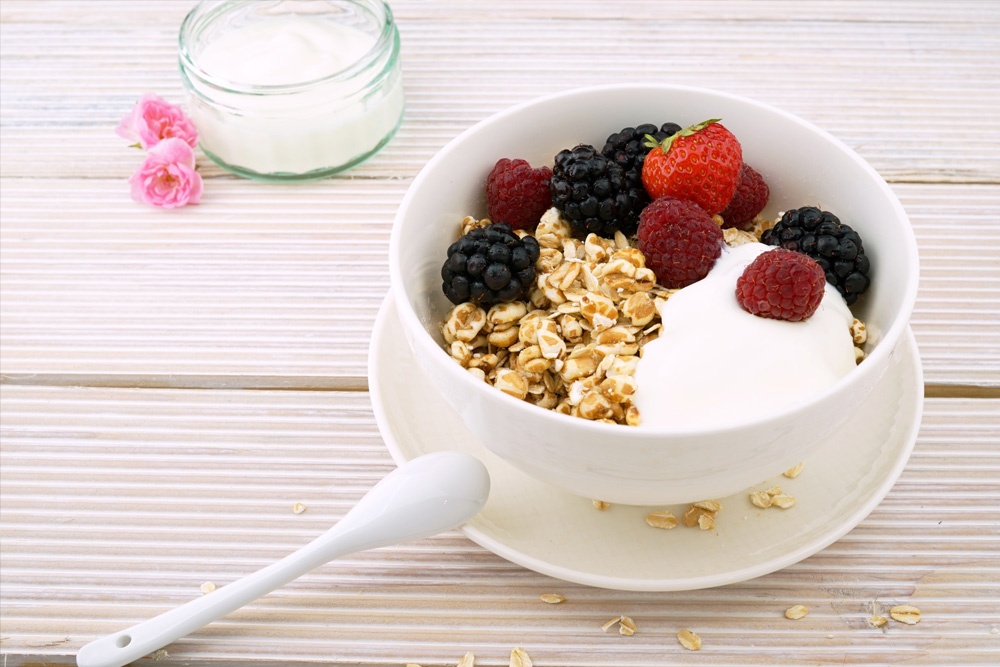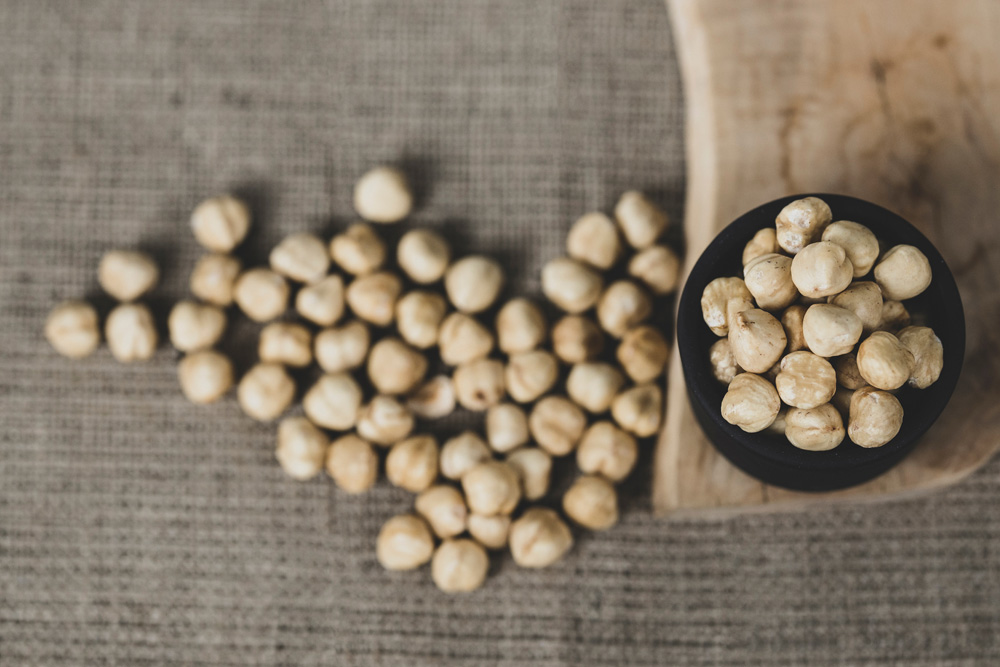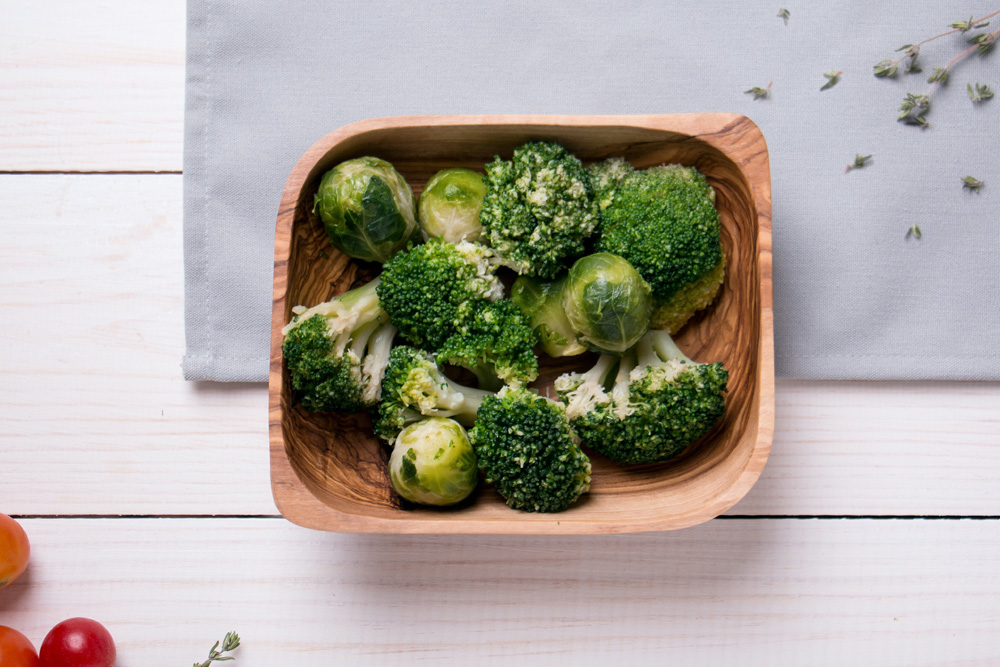Protein plays a pivotal role in our overall well-being and encompasses far more significance than merely being associated with bodybuilders and muscle mass. Its benefits extend beyond physical strength and encompass crucial aspects such as mood regulation, maintaining healthy hair and nails, and bolstering our immune system.
Mood Regulation
When it comes to mood regulation, protein exhibits a profound influence on the intricate balance of neurotransmitters in our brains. These chemical messengers govern our emotions and cognitive function, determining how we perceive and respond to the world around us. By consuming an adequate amount of protein, we provide our bodies with the building blocks necessary for neurotransmitter synthesis, thus promoting a stable and positive mood.
Healthy Appearance
Moreover, the impact of protein extends to our external appearance, particularly concerning the health of our hair and nails. Proteins such as keratin form the foundation of these vital structures, rendering them resilient, lustrous, and less prone to damage. Sufficient protein intake ensures that our bodies have the necessary resources to maintain and repair hair follicles and nail beds, promoting healthy growth and minimizing brittleness or breakage.
Immune System
Furthermore, protein is a key player in supporting a robust immune system. The immune system acts as our body’s natural defense mechanism, shielding us from harmful pathogens and foreign invaders. Proteins serve as the fundamental components of antibodies, which are specialized proteins that recognize, neutralize, and eliminate harmful substances. By consuming enough protein, we fortify our immune system’s ability to ward off infections, enhancing our overall resistance to diseases.
Important for Everyone
It is crucial to note that protein’s role in mood regulation, healthy hair and nails, and immune system support extends to individuals of all ages, genders, and lifestyles. While athletes and bodybuilders often highlight the significance of protein for muscle growth and recovery, its benefits permeate various aspects of our well-being, making it an essential component of a balanced and nutritious diet for everyone.
In conclusion, protein is far from being solely associated with bodybuilders and muscle mass. Its multifaceted contributions include regulating our moods, fostering healthy hair and nails, and bolstering our immune system. By recognizing the broader spectrum of protein’s benefits, we can appreciate its significance in maintaining a holistic approach to our overall health and well-being.



How Can I Add More Protein to My Diet Without Meat?
Incorporating more protein into a diet without relying on meat is entirely possible, as there are numerous plant-based and non-animal protein sources available. Here are some strategies for increasing protein intake without consuming meat:
Legumes and Pulses: Legumes such as lentils, chickpeas, black beans, and kidney beans are excellent sources of protein. They can be used in various dishes like soups, stews, salads, or even made into vegetarian burgers. Additionally, products like tofu and tempeh, which are made from soybeans, are versatile plant-based protein options.
Quinoa: Quinoa is a complete protein source and an excellent alternative to animal protein. It can be used as a base for salads, added to stir-fries, or enjoyed as a side dish.
Nuts and Seeds: Almonds, walnuts, chia seeds, hemp seeds, and flaxseeds are all rich in protein and healthy fats. They can be consumed as snacks, added to smoothies, sprinkled on salads, or used in baking recipes.
Dairy Alternatives: If you consume dairy, incorporating Greek yogurt or cottage cheese into your diet can provide a protein boost. For those following a vegan or lactose-free diet, plant-based milk alternatives like almond milk, soy milk, or oat milk often have fortified options that contain additional protein.
Whole Grains: Whole grains such as quinoa, brown rice, wild rice, oats, and whole wheat pasta contain moderate amounts of protein. They can serve as a foundation for meals and contribute to your overall protein intake.
Vegetables: While vegetables may not provide as much protein as legumes or grains, they still contain small amounts that can contribute to your daily intake. Broccoli, Brussels sprouts, spinach, peas, and asparagus are some examples of vegetables with relatively higher protein content.
Protein Supplements: Plant-based protein powders made from sources like pea, hemp, rice, or soy can be used to supplement protein intake. They can be blended into smoothies or added to recipes to increase protein content.
By combining these protein-rich plant-based sources with a variety of fruits, vegetables, and whole grains, you can create balanced and protein-packed meals. It’s important to consider the overall nutritional value of your meals and ensure you’re meeting your specific protein needs based on factors like age, activity level, and health status. Consulting with a registered dietitian can help you develop a personalized meal plan that aligns with your dietary preferences and requirements.
How Much Protein Do I Need?
The amount of protein a person needs can vary depending on several factors, including age, sex, weight, activity level, and overall health status. The Recommended Dietary Allowance (RDA) for protein, as established by various health organizations, provides general guidelines for daily protein intake based on these factors. Please note that these recommendations are subject to individual variation and may differ based on specific dietary goals or medical conditions.
For the average healthy adult, the RDA suggests a daily protein intake of about 0.8 grams of protein per kilogram of body weight. This means that if you weigh 70 kilograms (154 pounds), you would aim for approximately 56 grams of protein per day. However, it’s important to note that this value is considered the minimum requirement to prevent protein deficiency and may not account for certain circumstances or higher protein needs for individuals engaging in intense physical activity or specific dietary goals.
Certain groups may require higher protein intake. For example, athletes and those engaged in regular intense exercise may benefit from increased protein consumption to support muscle repair and growth. In such cases, protein recommendations may range from 1.2 to 2.2 grams of protein per kilogram of body weight, depending on the intensity and duration of physical activity.
Pregnant and lactating individuals also have increased protein requirements to support fetal development and milk production. The protein recommendations for pregnant individuals range from 1.1 to 1.3 grams of protein per kilogram of body weight.
It’s worth noting that older adults may require slightly higher protein intake due to age-related changes in muscle mass and protein metabolism. In some cases, protein recommendations for older adults may range from 1 to 1.5 grams of protein per kilogram of body weight.
It’s always advisable to consult with a healthcare professional or registered dietitian to determine the specific protein needs based on individual factors and goals. They can provide personalized recommendations based on your unique circumstances and help you plan a balanced and nutritious diet.



